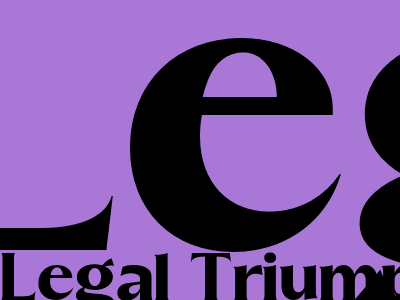
Legal Triumph: Understanding the Implications of Elon Musk's Recent Court Victory
Introduction
In a significant legal victory, Elon Musk, the CEO of Tesla and SpaceX, has prevailed in a defamation lawsuit brought against him by British cave diver Vernon Unsworth. The verdict marks a crucial moment in the intersection of free speech, public figures, and the media.
Elon Musk's Tweet
The lawsuit stemmed from a series of tweets posted by Musk in July 2018. In the tweets, Musk labeled Unsworth a "pedo guy" and accused him of being involved in a child sex trafficking ring in Thailand. Unsworth, who had assisted in the rescue of a group of Thai soccer players trapped in a cave, denied the allegations and filed a defamation suit against Musk.
The Legal Battle
The defamation trial spanned several weeks and featured extensive legal arguments from both sides. Musk's defense team maintained that his tweets were protected by the First Amendment and that he had a reasonable belief in their truthfulness. Unsworth's lawyers, on the other hand, argued that Musk's tweets were malicious and caused significant damage to Unsworth's reputation.
The Jury's Verdict
After deliberating for several hours, the jury unanimously found in favor of Musk, ruling that his tweets did not constitute defamation. The jury accepted Musk's argument that he had a reasonable belief in the truth of his statements, based on information he had received from third parties.
Implications for Free Speech
The verdict has significant implications for free speech in the digital age. It suggests that public figures have a higher threshold to prove defamation than private individuals. The jury's finding that Musk's tweets were protected by the First Amendment underscores the importance of robust free speech protections, even in cases where the speech may be offensive or inaccurate.
The Role of Social Media
The case also raises questions about the role of social media in facilitating defamation. Musk's tweets were posted on Twitter, a platform with billions of users. The rapid and widespread dissemination of information on social media can potentially amplify the harm caused by defamatory statements.
Conclusion
Elon Musk's court victory in the defamation lawsuit against Vernon Unsworth is a complex and multifaceted legal precedent. It reinforces the importance of free speech protections but also highlights the potential pitfalls of social media in facilitating defamation. The verdict will likely continue to be debated and analyzed by legal scholars and commentators, as it has far-reaching implications for the intersection of freedom of speech, public figures, and the digital landscape.